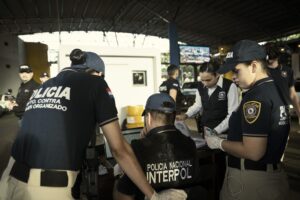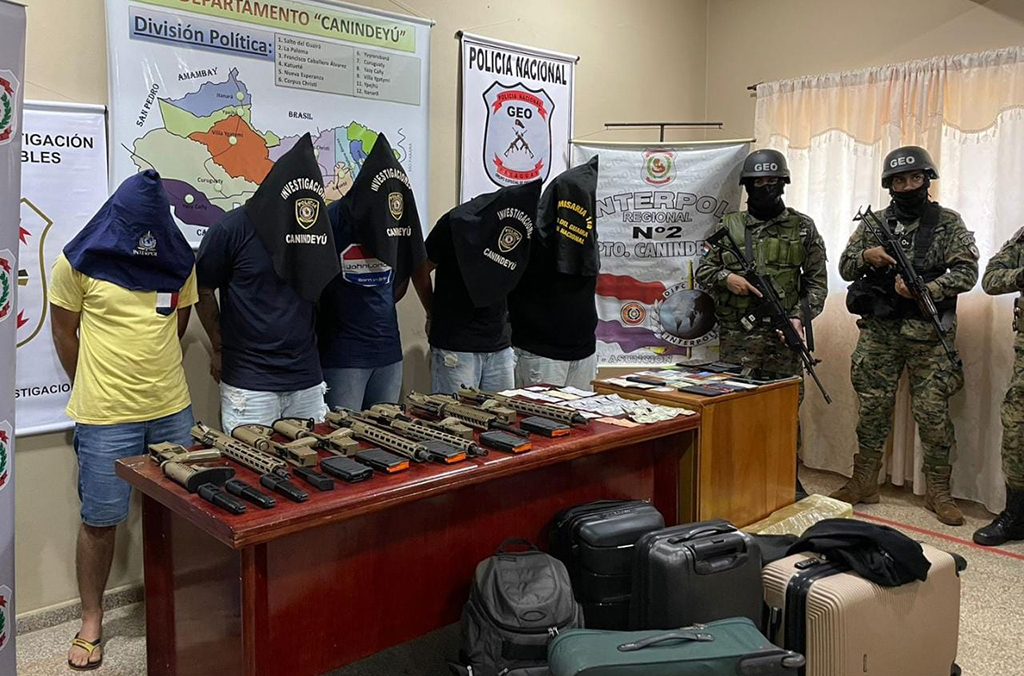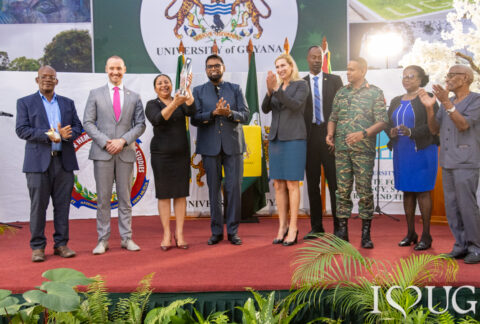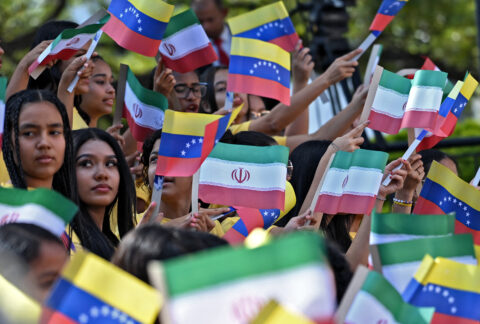In an unprecedented action, the largest of its kind in Latin America, authorities seized more than 200 tons of drugs and 8,000 firearms and arrested nearly 15,000 people as part of INTERPOL-led Operation Trigger IX, which saw the participation of 15 police forces from the region for 22 days.
The operation was carried out with the support of police forces from Argentina, Bolivia, Brazil, Chile, Colombia, Costa Rica, Ecuador, El Salvador, Guatemala, Honduras, Mexico, Panama, Paraguay, Peru, and Uruguay.
“These types of interstate and interagency operations are central to combating organized crime and narcotrafficking organizations,” Carolina Sampó, coordinator of Argentina’s Center for Studies on Transnational Organized Crime, told Diálogo on May 13.
This mega-operation focused on combating illicit arms trafficking. Law enforcement officers from participating countries exchanged intelligence on the operations of international criminal gangs, such as the First Capital Command (PCC) and the Mara Salvatrucha, the BBC reported.
Operation Trigger IX, March 12-April 2, highlighted the links between illicit firearms and drug manufacturing and trafficking, and resulted in the seizure of 203 tons of cocaine and other drugs worth some $5.7 billion, as well as 372 tons of chemical precursors, INTERPOL said in a statement.

“The only way to combat criminal structures effectively is transnationally; this requires the cooperation of multiple actors from all states involved, but also from the private sector and civil society,” Sampó said. “Only this way can we think about cutting off the flows so that illicit markets do not continue to function.”
INTERPOL brought together firearms experts from all participants at an operations center in Foz do Iguaçu on the tri-border area between Argentina, Brazil, and Paraguay to support border operations and ensure the rapid exchange of police information.
On the ground, coordinated operations led to the dismantling of 20 organized crime groups and the arrest of members of the PCC, Mara Salvatrucha, and the Balkan Cartel, all involved in drug and arms trafficking. The operation also identified other crimes such as corruption, fraud, human trafficking, environmental crimes, and terrorist activities.
The PCC has a hegemonic presence in countries such as Brazil, Paraguay, Bolivia, and to a lesser extent Peru, while it extends its tentacles to Colombia to negotiate Colombian cocaine sales, but without having a territorial presence, Sampó said. “It expanded in different Brazilian states from São Paulo to the border with Paraguay, controlling different cocaine routes in the south from the Port of Santos and the northern route on the Solimões River, which departs from the triple border between Peru, Colombia, and Brazil.”
“The maras clearly manage territorial control in El Salvador, Guatemala, and Honduras, where they implement actions to negotiate with Mexican cartels and other criminal organizations that need to use that territory to traffic drugs to the United States and Europe,” Sampó added.
During Trigger IX, for example, in Uruguay, authorities seized 100,000 rounds of ammunition that two Europeans were trafficking internationally, in what was the largest seizure of its kind to date in the country. In addition, authorities in Brazil and Paraguay closed down several firearms stores after detecting irregular transfers and unlicensed sales.
INTERPOL Executive Committee Vice President for the Americas Valdecy Urquiza highlighted the value of joint initiatives such as this operation in prioritizing national and regional efforts against illicit flows. The objective is to combat illicit arms trafficking, linking law enforcement initiatives to broader criminal justice responses in Central and South America, and West and Central Africa.
“These types of operations involving different actors in the region are central to breaking these transnational networks and are also necessary to developing efficient cooperation mechanisms that are well-oiled, that allow them to be formal and sustainable over time to continue to curb organizations’ ability to profit in the nations of the Americas,” Sampó concluded.









